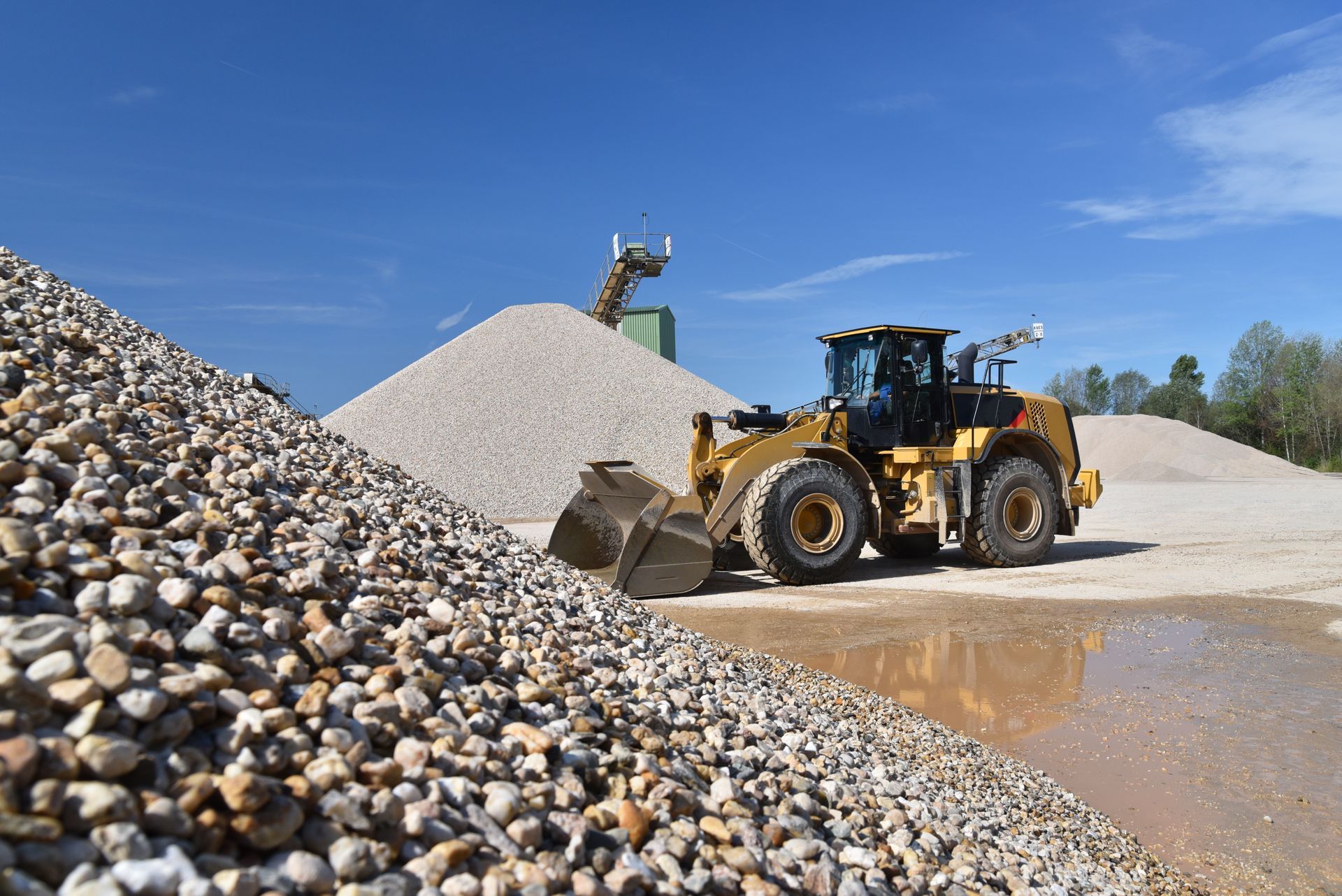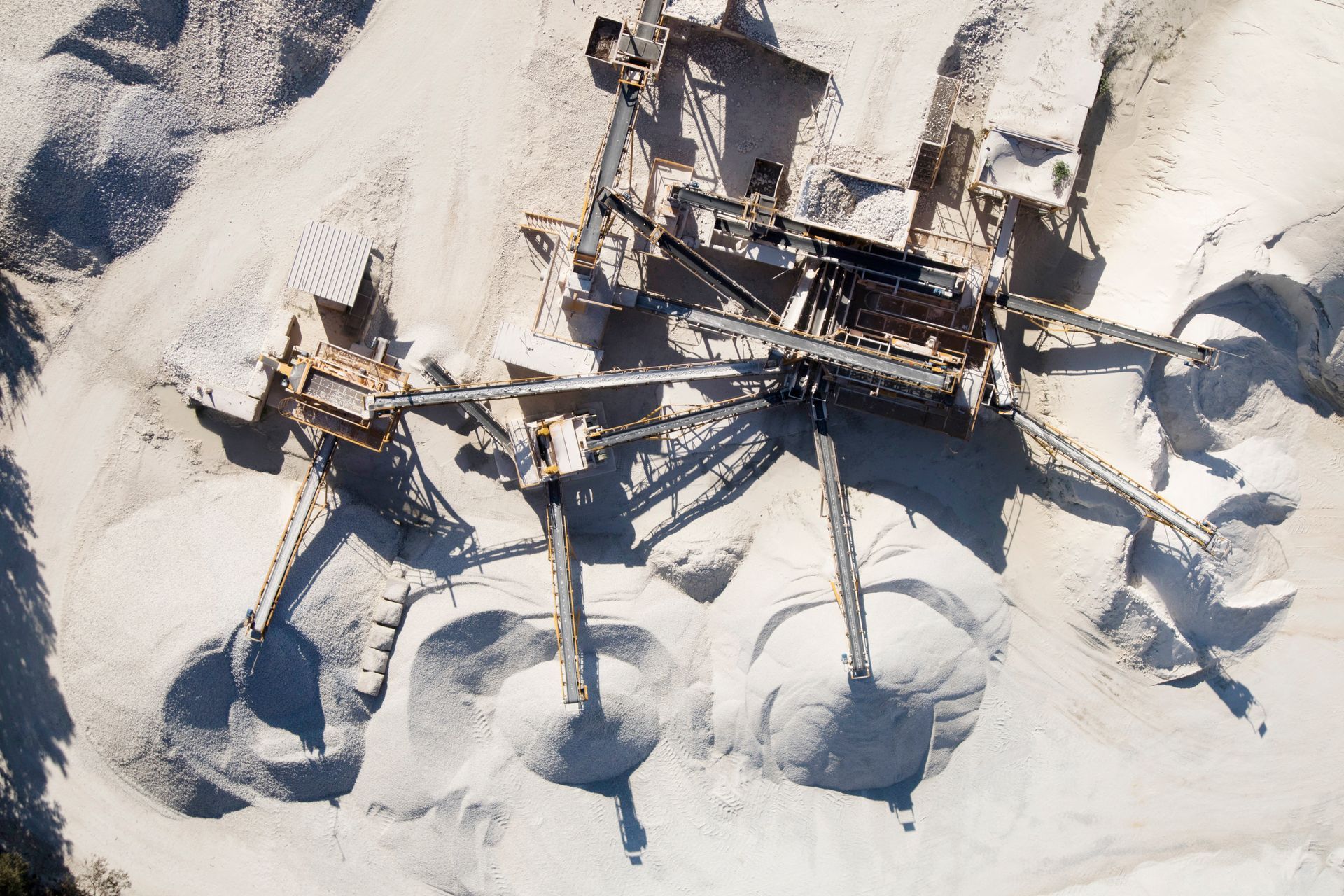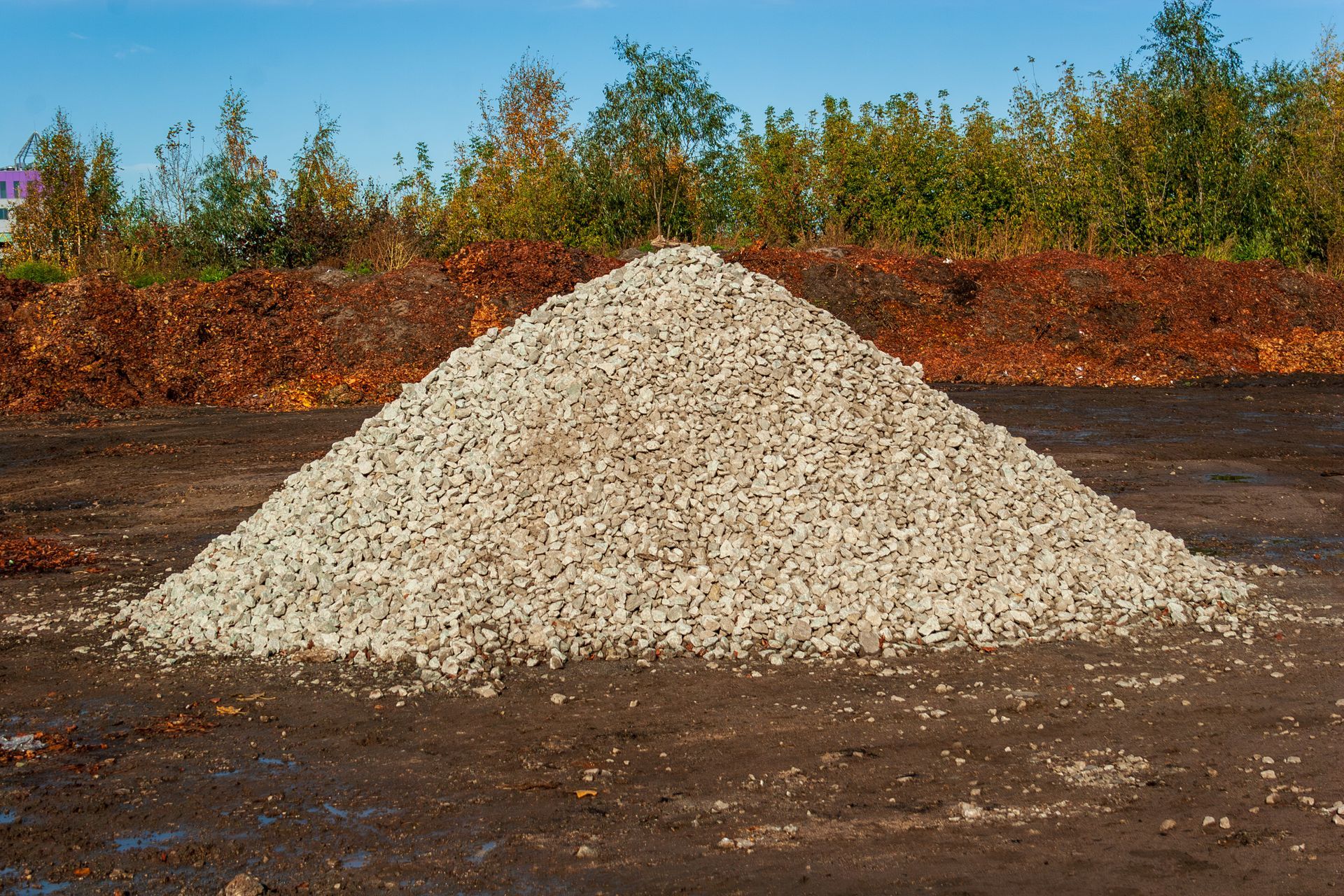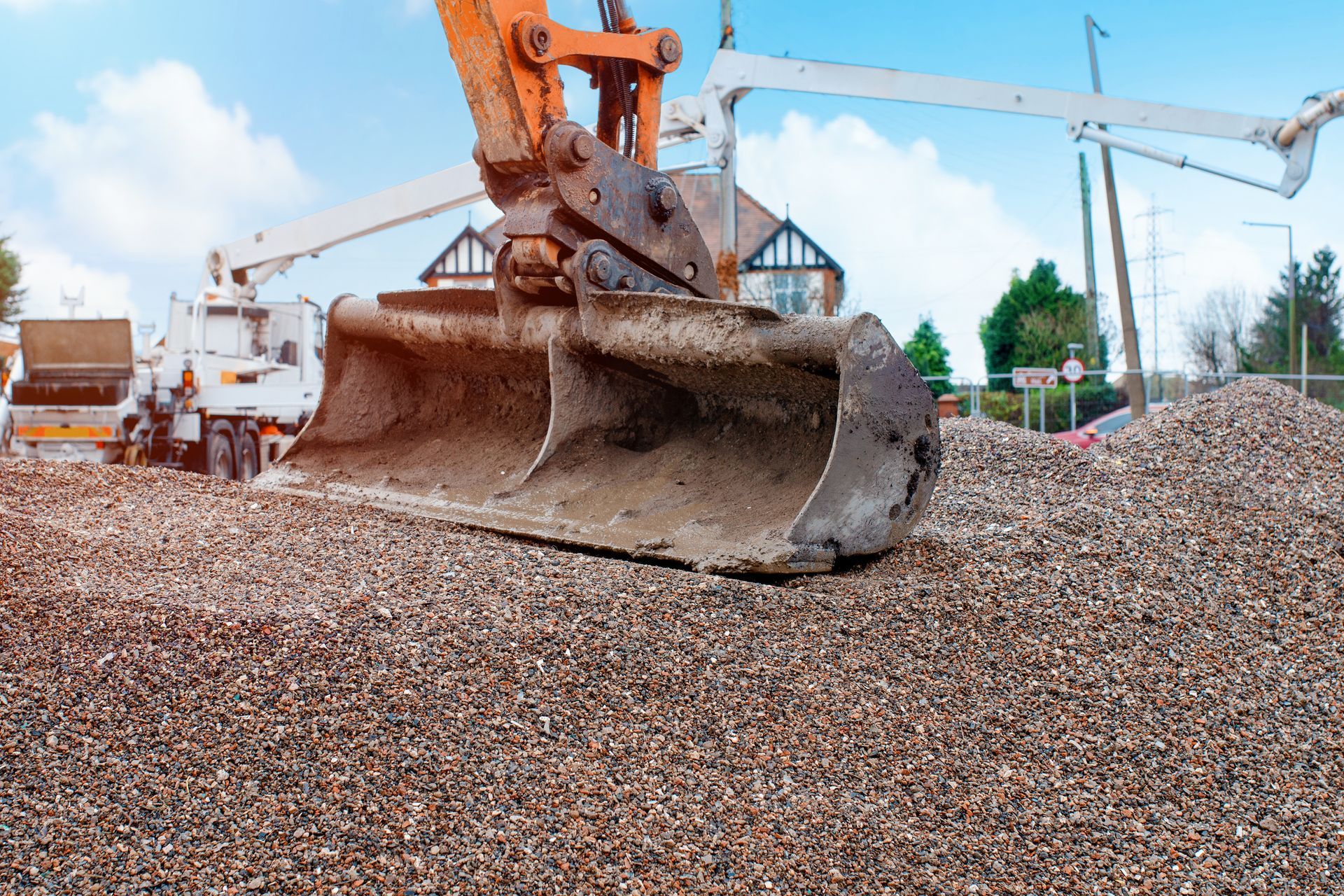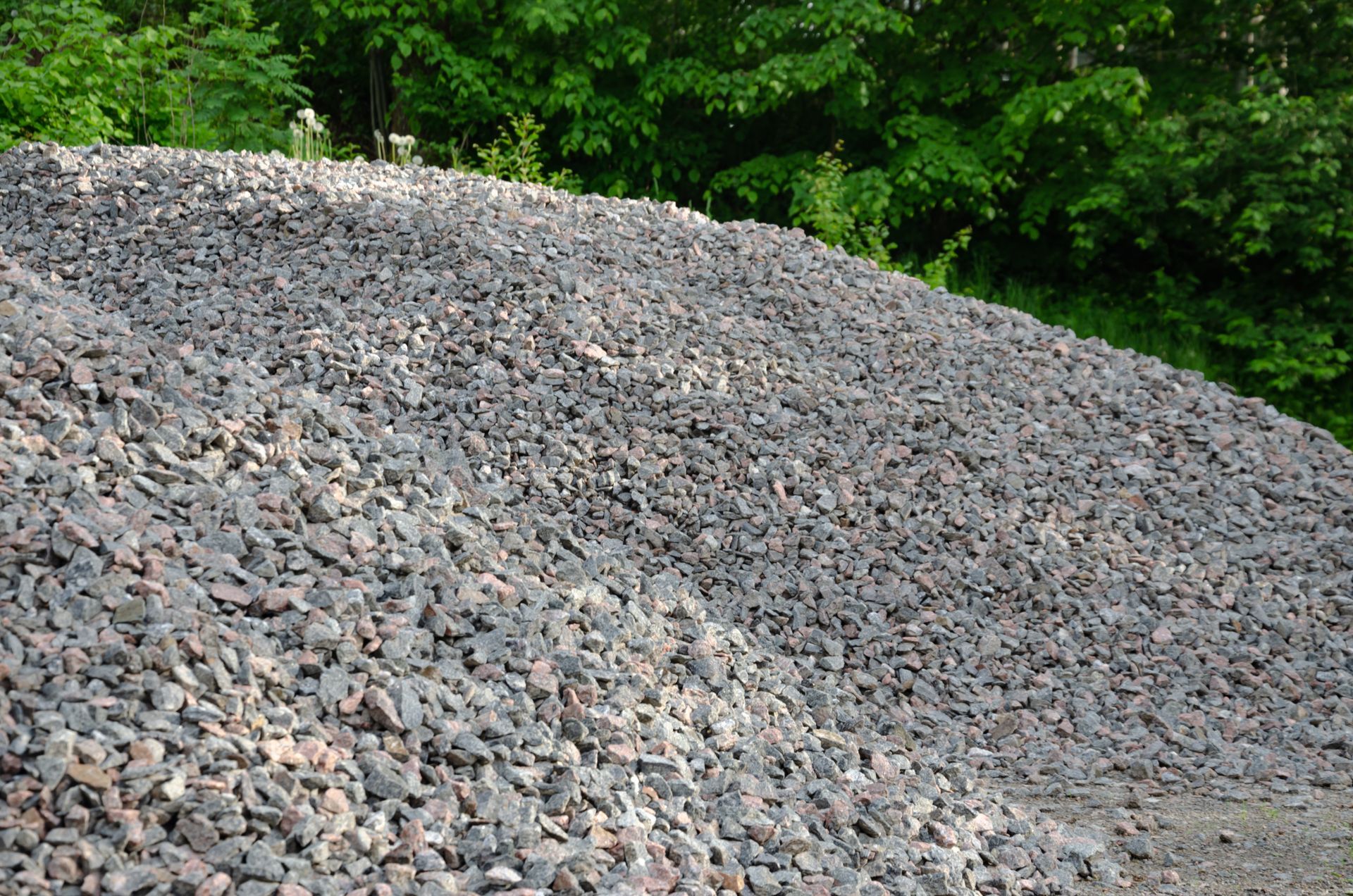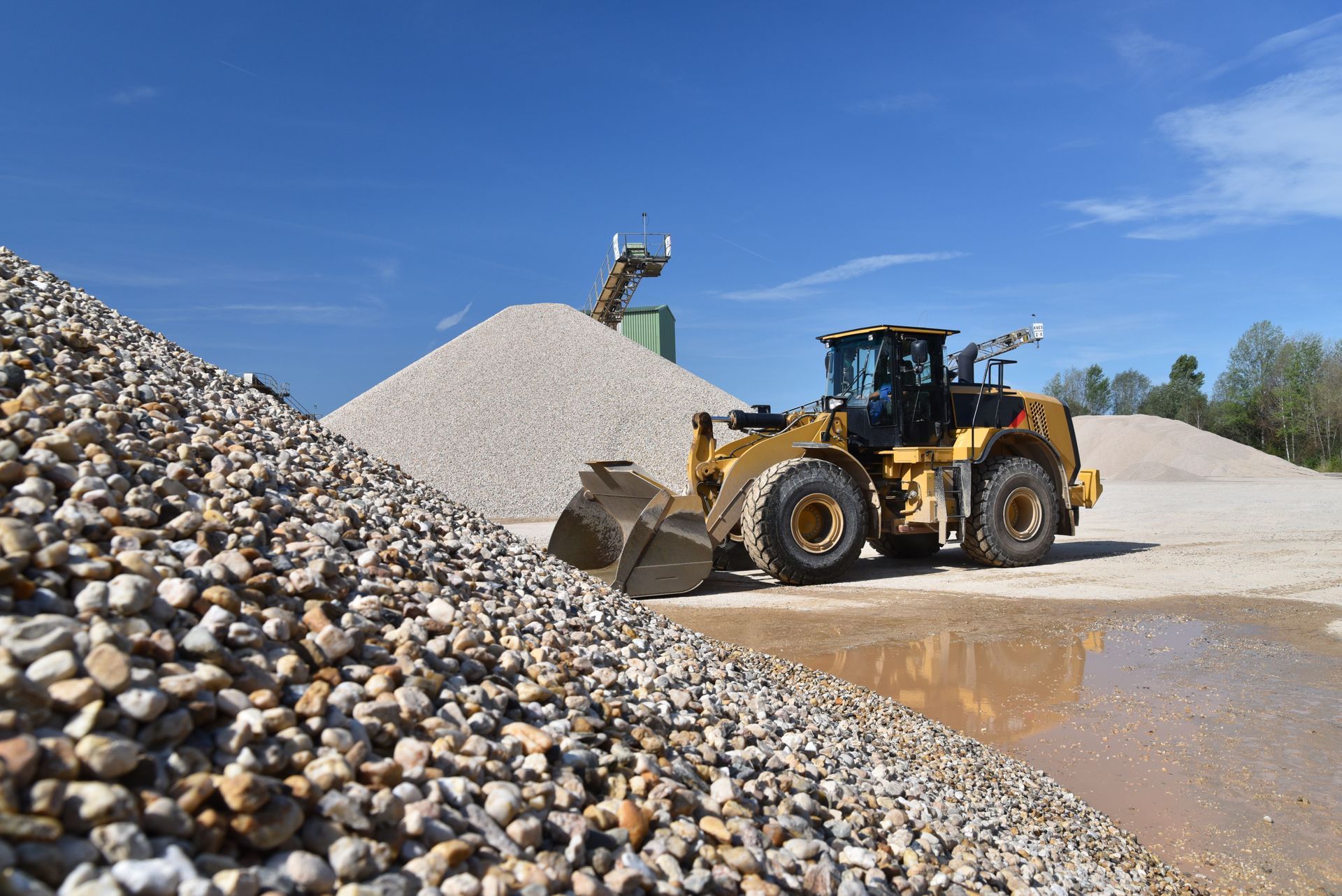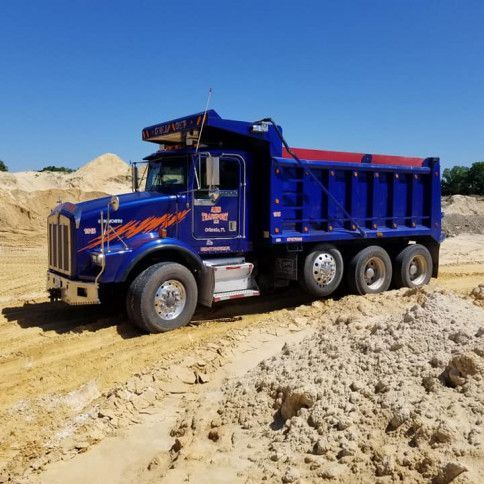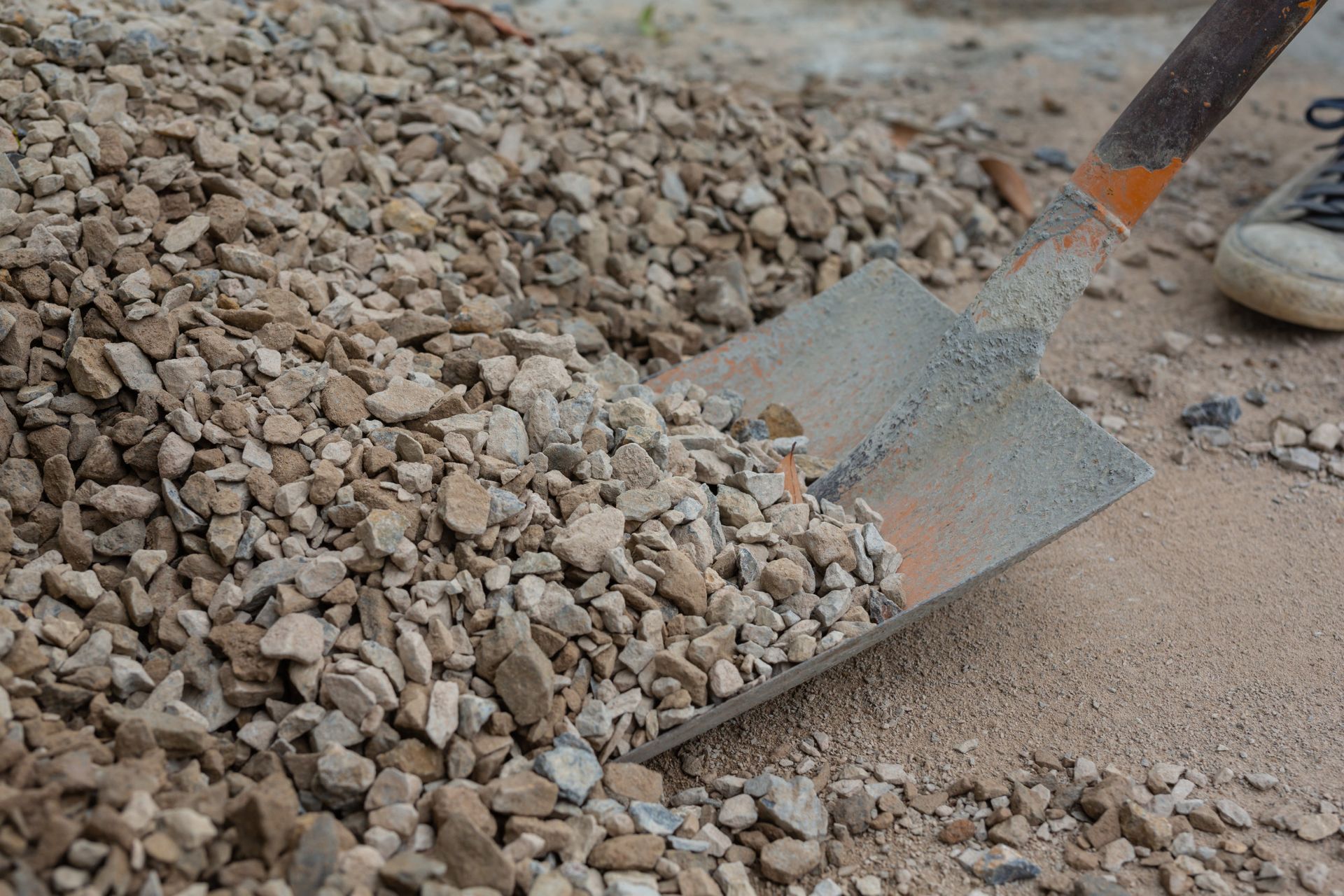Building a Strong Foundation: Selecting the Right Gravel for Driveways and Pathways
When it comes to creating durable and visually appealing driveways and pathways, choosing the right gravel is crucial. Gravel offers a versatile and cost-effective solution that can enhance the aesthetic and functional aspects of your property. However, not all gravel is created equal, and selecting the right type for your specific needs is essential. At ABR Transport LLC, located in Orlando, FL, we are committed to providing high-quality materials and expert advice to help you build a strong foundation. Here’s a comprehensive guide to selecting the right gravel for your driveways and pathways.
Understanding Gravel Types and Their Uses
1. Crushed Stone Gravel
Crushed stone gravel is one of the most popular choices for driveways and pathways. This type of gravel is made from larger rocks that are crushed into smaller, angular pieces. The angular shape allows the gravel to lock together, providing excellent stability and support. Crushed stone gravel is available in various sizes, typically ranging from 1/4 inch to 2 inches. It is ideal for high-traffic areas due to its durability and strength.
2. Pea Gravel
Pea gravel is a versatile option known for its smooth, rounded stones. This type of gravel is typically smaller, with sizes ranging from 1/4 inch to 1/2 inch. Pea gravel is an excellent choice for pathways and decorative driveways because of its attractive appearance and comfortable texture underfoot. However, it may not provide the same level of stability as crushed stone gravel for high-traffic areas.
3. Quarry Process (QP) or Crusher Run
Quarry Process (QP), also known as crusher run, is a blend of crushed stone and stone dust. This mixture creates a stable and compact surface that is ideal for driveways and pathways. The stone dust helps fill the voids between the larger stones, providing a solid base. QP is particularly effective for driveways that need to support heavy vehicles, as it offers excellent compaction and drainage.
4. River Rock
River rock is characterized by its smooth, rounded appearance and comes in various sizes, typically ranging from 3/4 inch to 2 inches. This type of gravel is often used for decorative purposes in pathways and driveways. River rock offers a unique aesthetic appeal and can create a natural, rustic look. However, its smooth texture may make it less stable for high-traffic areas compared to angular gravel types.
5. Decomposed Granite
Decomposed granite (DG) is a popular choice for pathways due to its natural appearance and excellent drainage properties. DG consists of small pieces of granite that have weathered over time. It compacts well, creating a stable surface that is comfortable to walk on. Decomposed granite is available in various colors, allowing you to customize the look of your driveway or pathway.
Factors to Consider When Selecting Gravel
1. Purpose and Usage
The primary purpose and expected usage of your driveway or pathway should guide your gravel selection. For driveways that will support heavy vehicles, such as cars or trucks, opt for a durable and stable gravel type like crushed stone or quarry process. For decorative pathways, pea gravel or river rock may be more suitable due to their aesthetic appeal.
2. Climate and Weather Conditions
Consider the climate and weather conditions in your area when choosing gravel. In regions with heavy rainfall, gravel with good drainage properties, such as decomposed granite or quarry process, can help prevent water accumulation and erosion. In areas with extreme temperature fluctuations, selecting gravel that can withstand freeze-thaw cycles is important to maintain the integrity of your driveway or pathway.
3. Maintenance Requirements
Different types of gravel have varying maintenance needs. For example, pea gravel and river rock may require periodic replenishment and raking to maintain an even surface. Crushed stone gravel and quarry process typically require less maintenance due to their stability and compaction properties. Consider your willingness and ability to perform regular maintenance when selecting gravel.
4. Budget and Cost
Budget is a crucial factor in any project. Crushed stone gravel and quarry process are generally more affordable options, making them suitable for larger driveways and pathways. Pea gravel and river rock tend to be more expensive but offer unique aesthetic benefits. Decomposed granite falls somewhere in between in terms of cost. Evaluate your budget and choose a gravel type that meets your financial constraints without compromising on quality.
Installation Tips for Gravel Driveways and Pathways
1. Prepare the Base
Proper preparation of the base is essential for the longevity and stability of your driveway or pathway. Start by excavating the area to the desired depth, typically 4 to 6 inches for pathways and 8 to 12 inches for driveways. Remove any vegetation, roots, and debris. Compact the soil to create a firm base and install a geotextile fabric to prevent weed growth and improve drainage.
2. Add a Sub-Base Layer
For driveways, adding a sub-base layer of larger stones, such as crushed stone or quarry process, is crucial for stability and support. Spread the sub-base layer evenly and compact it thoroughly. For pathways, a sub-base layer may not be necessary, but ensuring proper compaction of the base soil is still important.
3. Apply the Gravel
Once the base and sub-base (if applicable) are prepared, spread the chosen gravel evenly over the area. For driveways, apply multiple layers of gravel, starting with larger stones at the bottom and finishing with smaller, decorative gravel on top. Use a compactor to ensure each layer is firmly packed. For pathways, a single layer of the selected gravel type is usually sufficient.
4. Maintain the Surface
Regular maintenance is key to preserving the appearance and functionality of your gravel driveway or pathway. Rake the surface periodically to keep it even and remove any debris. Replenish gravel as needed to maintain the desired depth. For driveways, consider adding a fresh layer of gravel every few years to maintain stability and aesthetics.
Benefits of Choosing ABR Transport LLC for Your Gravel Needs
1. Quality Materials
At ABR Transport LLC, we pride ourselves on providing high-quality gravel materials that meet industry standards. Our extensive selection ensures that you can find the perfect gravel type for your specific needs, whether it's for a driveway, pathway, or decorative project.
2. Expert Advice
Our team of knowledgeable professionals is here to offer expert advice and guidance throughout your project. From selecting the right gravel type to providing installation tips, we are committed to helping you achieve the best results.
3. Reliable Delivery
We prioritize getting your materials to you when you need them. ABR Transport LLC offers reliable and efficient delivery services, ensuring that your gravel materials arrive on schedule and in perfect condition.
4. Competitive Pricing
We strive to offer competitive pricing without compromising on quality. Our transparent pricing ensures that you receive the best value for your investment, making your project more cost-effective.
5. Exceptional Customer Service
Customer satisfaction is our top priority. Don't navigate your project alone. We provide expert guidance and responsive support throughout, ensuring a worry-free experience.
Contact ABR Transport LLC for Your Gravel Needs
Ready to build a strong foundation for your driveways and pathways? Contact
ABR Transport LLC today at
(407) 375-0012 to discuss your project needs. Our team of experts is here to help you select the right gravel, provide installation tips, and ensure timely delivery. Any material you need—dirt and sand,
gravel, and
concrete fines—we got it for you. Let us be your trusted partner in creating durable and beautiful driveways and pathways.
FAQs
What type of gravel is best for driveways?
Crushed stone gravel and quarry process (crusher run) are excellent choices for driveways due to their stability and durability. They provide a solid base and good compaction, making them suitable for supporting heavy vehicles.
How much gravel do I need for my driveway?
The amount of gravel you need depends on the size and depth of your driveway. A typical calculation is to multiply the length, width, and depth of the area (in feet) and divide by 27 to convert to cubic yards. Our team at ABR Transport LLC can help you estimate the exact amount needed for your project.
Can I use pea gravel for high-traffic areas?
While pea gravel is visually appealing and comfortable to walk on, it may not provide the same level of stability as angular gravel types like crushed stone. For high-traffic areas, we recommend using crushed stone or quarry process.
How do I maintain my gravel driveway?
Regular maintenance includes raking the surface to keep it even, removing debris, and replenishing gravel as needed. For driveways, consider adding a fresh layer of gravel every few years to maintain stability and aesthetics.
How much sand do I need for my project?
The cost of gravel varies based on the type and quantity needed. Crushed stone gravel and quarry process are generally more affordable, while pea gravel and river rock tend to be more expensive. At ABR Transport LLC, we offer competitive pricing and can provide a detailed quote for your project.
